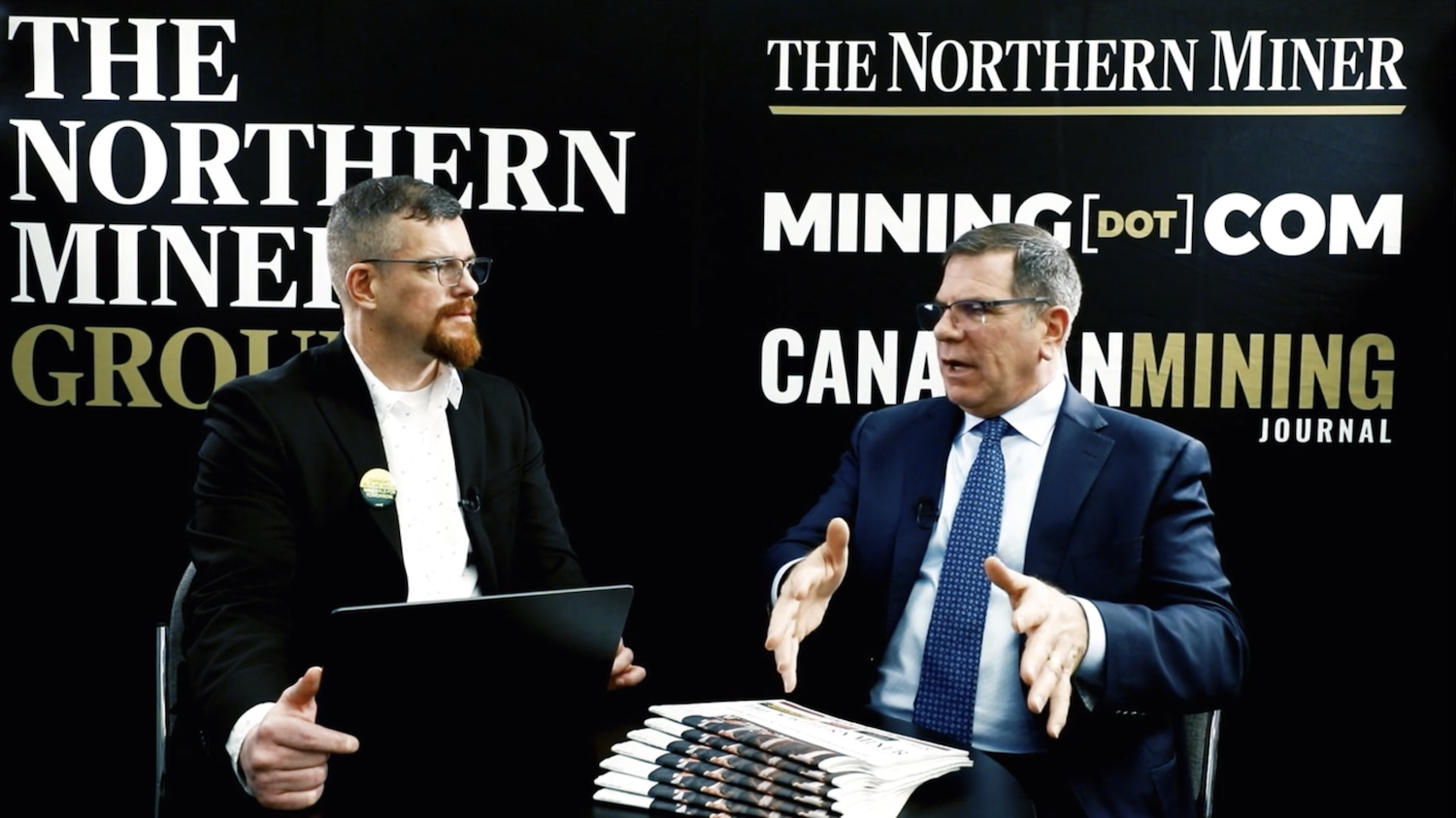Optimizing uptime by working together
Starting up a new mine in Germany today is a real challenge. Erzgebirgische Fluss- und Schwerspatwerke GmbH (EFS) made it happen by questioning the way things are being done, using modern technology and by optimizing the process.
EFS operates an underground mine and a processing plant in Saxony in eastern Germany. With the pit being the first new underground deposit exploration in Germany in the past 40 years, EFS thereby initiated a renaissance of the mining industry. But it has not been easy and risk-free. “In a very short time, we had to learn a lot of new things and try them out. Despite hard work, the help of external experts was necessary to reach the goal,” says Dipl.-Ing. Matthias Friedrich, Plant Manager at EFS.
Counting on uptime
Since production of high-grade fluorspar started in August 2014, EFS is one of Europe’s few suppliers of fluorite and barite concentrates. After a short time, a reliable customer base was set up in Germany and the Czech Republic. However, the world market has been very competitive in recent years, and some new open-pit projects with lower costs are starting up in several countries. EFS knows that they constantly have to come up with new ways to improve the process and to use modern technology to be able to be more efficient. “Low machine fail times are important for us, we need to rely on our equipment to work optimally. Unplanned stops inevitably leads to additional costs”, says Friedrich.
Grinding is a vital part for the subsequent flotation. This is an obvious challenge for EFS, which has only one ball mill to grind all material from the mine. The mill is equipped with a mill lining from Metso. “We have had a trustful cooperation with Metso since we started the plant design. Our Metso representative makes regular wear monitoring and face-to-face reports, which I really appreciate. We have a close relationship, and I feel confident that they work continuously to improve uptime. They know about our challenges, and their experience and knowledge about mill linings and grinding have been very helpful,” says Friedrich.

Less maintenance with a balanced wear life
Åsa Almström, Area Product Support Manager, mill lining solutions at Metso explains: “We want the mill lining to have a balanced wear life, meaning that all liner parts should be worn out at the same time to avoid any extra maintenance stops. The aim for EFS is that the whole lining is changed at the same time, so the first ring needs to be as wear resistant as the rest of the mill. At the same time, because we want to keep up the capacity of the mill, we cannot make it too thick.”
The mill has been equipped with a reliable rubber lining since the start. However, a trial with a Poly-Met™ mill lining on the first ring is now taking place. The lining has been installed for 6 month and the test results look promising. “Metso Poly-Met lining is extremely wear resistant and yet thinner than a rubber lining would be. As a result, I would say that we will significantly increase the plant availability,” says Friedrich.
More News
{{ commodity.name }}
{{ post.title }}
{{ post.date }}




Comments